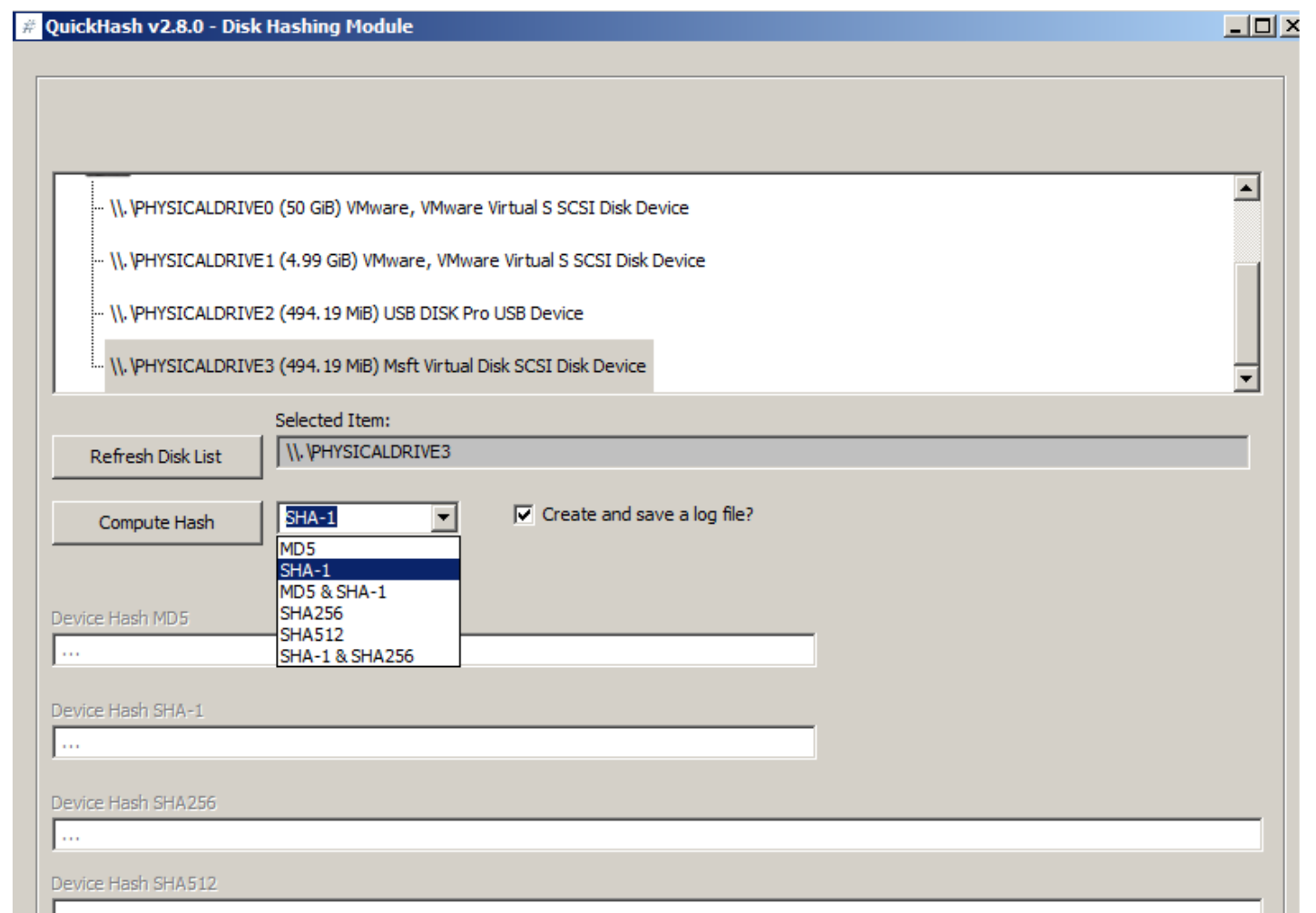SHA-1 Hash collisions of actual files
A really interesting article here regarding SHA-1 hash algorithm and collisions. MD5 collisions have been known for a long time, and SHA-1 collisions have theoretically been around for a while too, albeit engineered collisions as opposed to accidental ones. Because of that, NIST have not really endorsed SHA-1 for a few years although their hash databases still comprise their values (as they do for MD5, for that matter). So I don't think engineered collisions render the algorithm useless - certainly not for most daily tasks, but perhaps for security more so. The work was conducted following a long term [...]



